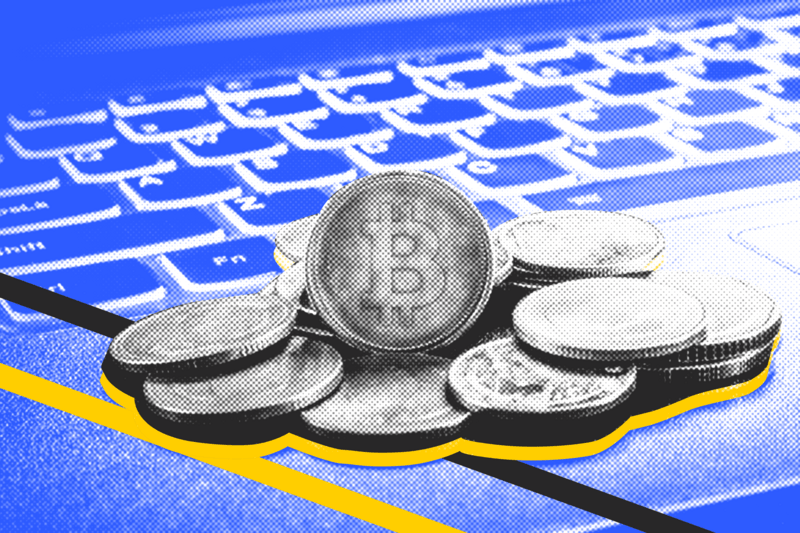This week saw the launch by OpenAI of a crypto claiming it could lead to universal basic income, while Coinbase’s CEO said the SEC made unreasonable demands prior to suing the exchange.
Worldcoin scrutiny
The media focus on Worldcoin has been intense following its launch on 24th July. The brainchild of Sam Altman, founder of ChatGPT parent company OpenAI, the cryptocurrency has was described by the Financial Times as a dystopian cryptocurrency project. People earn the coin by having their retinas scanned, leading to global fears over user data privacy.
A German data watchdog has been investigating the project since late last year due to concerns over its large-scale processing of sensitive biometric data, the regulator’s president told Reuters. Worldcoin will not be available in the US due to the ongoing crypto regulatory uncertainty.
Worldcoin describes itself in its whitepaper as “founded with the mission of creating a globally-inclusive identity and financial network, owned by the majority of humanity. If successful, Worldcoin could considerably increase economic opportunity, scale a reliable solution for distinguishing humans from AI online while preserving privacy, enable global democratic processes, and show a potential path to AI-funded universal basic income.”
“Proof of personhood” is one of the core ideas behind Worldcoin, a nod to the proof-of-stake and proof-of-work mechanism behind bitcoin and other cryptos. Society will have to figure out more as we go along and start to integrate these systems into our lives.
SEC Coinbase demands
In a new revelation in the seemingly endless spat between the regulator and the largest US crypto exchange, Coinbase CEO Brian Armstrong claimed that before suing, the SEC asked the exchange to trade only in bitcoin, according to the Financial Times. Armstrong said the SEC made the recommendation before launching legal action against Coinbase for failing to register as a broker.
“Delisting every asset other than bitcoin, which by the way is not what the law says, would have essentially meant the end of the crypto industry in the US.”
Brian Armstrong, CEO, Coinbase
Coinbase offers trading in over 200 tokens besides bitcoin. “We really didn’t have a choice at that point. Delisting every asset other than bitcoin, which by the way is not what the law says, would have essentially meant the end of the crypto industry in the US,” Armstrong said. “It kind of made it an easy choice … let’s go to court and find out what the court says.”
The SEC reportedly said its enforcement division did not make formal requests for “companies to delist crypto assets” and declined to comment.
Hack harms DeFi
A DeFi hack targeting prominent fintech company Curve led to $47m losses over the weekend. There were later reports that an altruistic hacker had returned a large chunk of the funds stolen.
Curve initially downplayed the incident in a now-deleted tweet but then owned up to the hack, attributing it to a vulnerability in the Vyper programming language.
Nigerian regulator comes for fake Binance
A country known for its bitcoin openness and advanced CBDC development, Nigeria’s regulator warned locals this week to steer clear of an entity calling itself Binance Nigeria.
“Binance Nigeria Limited is neither registered nor regulated by the Commission and its operations in Nigeria are therefore illegal. Any member of the investing public dealing with the entity is doing so at his/her own risk,” the SEC announced in June. The entity in question was fraudulent, and in response the genuine Binance issued a cease and desist notice.












